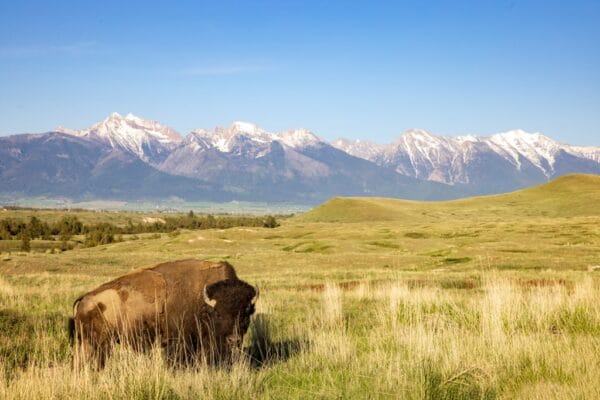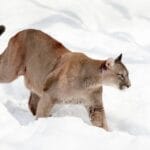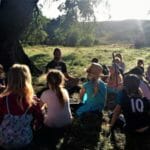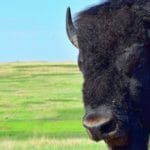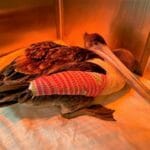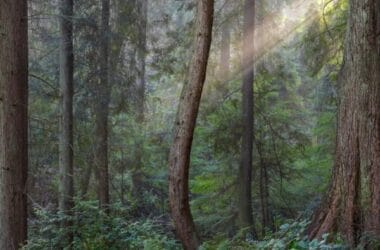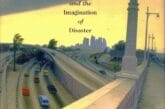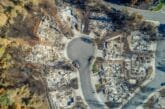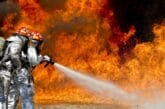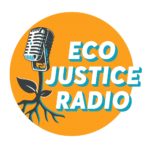

Subscribe to EcoJustice Radio:
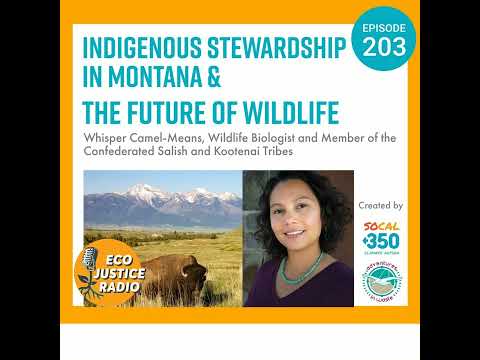
Watch this video on YouTube
Managing Humans to Preserve the Wild: An Indigenous Perspective
Whisper Camel-Means shares her expertise on the pressing need to protect US wildlife ecosystems, now imperiled at an alarming rate. She offers an Indigenous perspective on the human-induced threats to our living relatives, from habitat loss to climate change. Tune in to learn how we can restore habitats, ensure the survival of endangered species, and honor the profound connection between Indigenous peoples and nature.
As of February 2023, the Center for Biological Diversity stated that 40% of U.S. wildlife and ecosystems are imperiled. A new report on the status of U.S. wildlife conservation revealed that 40% of animals, 34% of plants and 40% of ecosystems nationwide are at risk. Indigenous peoples have always understood our interdependence with Nature, with flora and fauna and our rightful place as a mere part of the whole, living ecosystem. Our discussion today is on Indigenous Stewardship with Whisper Camel-Means, wildlife biologist and enrolled member of the Confederated Salish and Kootenai Tribes of the Flathead Reservation [https://csktribes.org/] in Western Montana.
In short order, Western society has decimated much of life on this planet. Conservation scientist David Wilcove estimates that there are 14,000 to 35,000 endangered species of flora and fauna in the United States alone; or roughly 7 to 18 percent of U.S. flora and fauna. Today wildlife on Turtle Island face multiple threats including: habitat loss, climate change, disease, pollution, invasive species and exploitation, the majority of which is human-induced. How might we change our behaviors to create healthy, balanced ecosystems in which all our living relatives can thrive and prosper in their sacred and unique ways?
What do we owe to the Deer, the Elk, the Moose, the Black Bear, the Grizzly Bear, Otter, Wolverine, Bat, Turtle, Bison, Peregrine Falcon, Bighorn Sheep, Trumpeter Swan and the Gray Wolf to name only a precious few? How can we help restore the habitats and species who face extinction and ensure their presence for future generations? Join Indigenous wildlife biologist Whisper Camel-Means as she shares about her life as a wildlife biologist and how we might protect wildlife for generations to come.
STORY: Room to Roam: The Importance of Wildlife Connectivity & Crossings
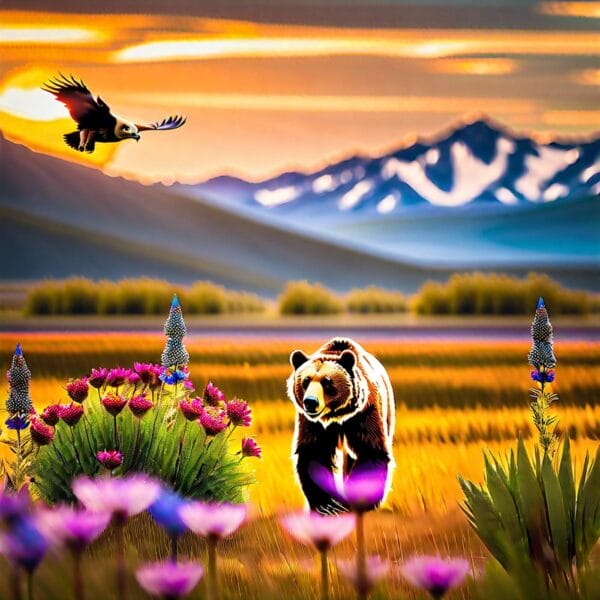
For an extended interview and other benefits, become an EcoJustice Radio patron at https://www.patreon.com/posts/96181630?pr=true
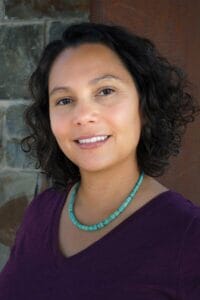
Carry Kim, Co-Host of EcoJustice Radio. An advocate for ecosystem restoration, Indigenous lifeways, and a new humanity born of connection and compassion, she is a long-time volunteer for SoCal350, member of Ecosystem Restoration Camps, and a co-founder of the Soil Sponge Collective, a grassroots community organization dedicated to big and small scale regeneration of Mother Earth.
Podcast Website: http://ecojusticeradio.org/
Podcast Blog: https://www.wilderutopia.com/category/ecojustice-radio/
Support the Podcast: Patreon https://www.patreon.com/ecojusticeradio
PayPal https://www.paypal.com/donate/?hosted_button_id=LBGXTRM292TFC&source=url
Executive Producer and Intro: Jack Eidt
Hosted by Carry Kim
Engineer and Original Music: Blake Quake Beats
Episode 203
Photo credit: Whisper Camel-Means
Updated 7 November 2024

